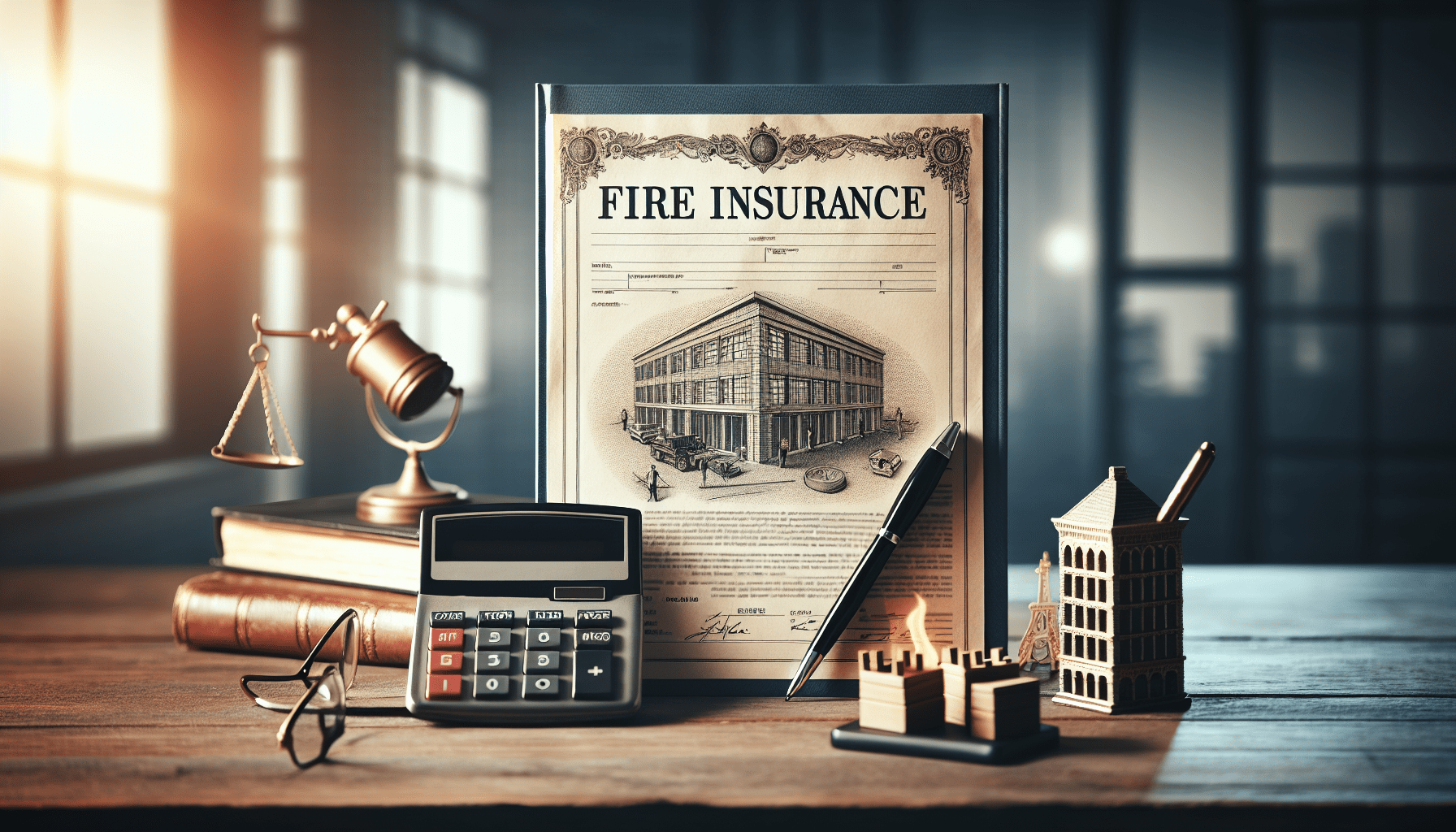Have you ever considered the nuances of your business insurance coverage? You might be wondering: Is fire insurance included in general liability? This is a common question for many business owners. Understanding the scope of your insurance policies is crucial, especially when it comes to protecting your assets. Let’s break down the details of fire insurance, general liability, and how they interact.
Understanding General Liability Insurance
General liability insurance is a foundational type of business insurance. It covers claims related to bodily injury, property damage, and personal injury. When someone gets hurt on your property, or if your product causes damage, this type of insurance helps protect you from the financial fallout.
Key Coverage Areas
- Bodily Injury: If a customer slips and falls in your store, general liability helps cover their medical expenses.
- Property Damage: If your business accidentally damages someone else’s property, this insurance covers repair costs.
- Personal Injury: This includes claims related to defamation or invasion of privacy that may arise during your business operations.
Understanding these areas helps you realize what risks you are covered for and which might require additional protection.
What Is Fire Insurance?
Fire insurance specifically covers damages related to fire incidents. It is more focused compared to general liability, and it can cover both personal property and buildings.
Key Features of Fire Insurance
- Coverage for Property Damage: If a fire destroys your building, your fire insurance can cover the rebuilding costs.
- Loss of Income: If your business has to cease operations due to fire damage, this insurance can cover lost income.
- Specific Exclusions: Fire insurance often doesn’t cover all types of fire damage, especially if they are considered a result of negligence or lack of maintenance.
When looking at fire insurance, it’s crucial to understand its terms and the conditions under which it operates.

Is Fire Insurance Included in General Liability?
To answer your question simply: No, fire insurance is not included in general liability insurance. These are separate policies designed to address distinct risks.
Why Aren’t They Combined?
- Different Risks: General liability covers broad risks related to your operations, whereas fire insurance is specific to fire damage.
- Varied Requirements: Different businesses have different needs. Some may never face a fire risk, while others might deal with it regularly.
- Cost Considerations: By keeping these policies separate, you can tailor coverage to fit your specific business risks, potentially saving on costs.
It’s essential to understand that having only general liability insurance may leave you vulnerable in case of a fire.
Do You Need Both General Liability and Fire Insurance?
If you are running a business, you should consider having both general liability insurance and fire insurance. Each covers different scenarios, and together, they provide more comprehensive protection.
Assessing Your Risks
- Business Type: If you operate in a high-risk industry, like manufacturing or hospitality, having both insurances is crucial.
- Property Value: The greater the investment in your property, the higher the need for robust fire coverage.
- Past Incidents: Consider historical data on claims related to fire and general liability in your industry. This might guide your insurance decisions.

How to Choose the Right Insurance Coverage
Choosing the right combination of insurance policies can feel overwhelming. Start by assessing your business needs, and here are some steps to guide you.
Evaluate Your Business Operations
Assess the risks your business faces. Are you in a fire-prone area? Do you have flammable materials on-site?
Consult an Insurance Professional
Working with an experienced insurance professional can help you navigate your options. They can tailor a plan based on your unique situation.
Compare Policies
When considering fire insurance and general liability insurance, compare various policies and providers. Check for coverage limits, deductibles, and exclusions.
The Role of a Public Adjuster
Once you have your insurance in place, it’s helpful to know how a public adjuster can assist you. A public adjuster knows the ins and outs of the insurance process and can advocate on your behalf.
Benefits of Using a Public Adjuster
- Negotiating Claims: They can negotiate with your insurance company to ensure fair compensation.
- Expert Knowledge: Public adjusters understand the nuances of insurance policies, which can be beneficial in evaluating claims.
- Free Initial Inspection: Many public adjusters, like Otero Property Adjusting & Appraisals, offer free inspections. This means you can assess any damage with no obligation.
Being represented by an expert reduces your stress and increases the likelihood of a successful claim.
Understanding Policy Limits and Exclusions
Both general liability and fire insurance come with specific policy limits and exclusions that you should be aware of.
What Are Policy Limits?
Policy limits refer to the maximum amount an insurance company will pay for a covered claim.
Common Exclusions to Watch For
- Negligence: If a claim arises due to negligence, some policies might not cover it.
- Intentional Damage: Fire damage caused by deliberate acts typically won’t be covered.
- Business Interruption: Not all fire policies include loss of income or business interruption coverage.
Reading through these limitations ensures you are fully aware of your coverage’s scope and helps you make informed decisions.
Final Thoughts
Navigating insurance needs can be complex, but understanding the distinctions between general liability and fire insurance can empower you as a business owner. Protecting your business means being informed and prepared.
If you find yourself in need of guidance, consider reaching out to Otero Property Adjusting & Appraisals. Based in Pensacola, FL, they are passionate about helping homeowners and business owners secure the compensation they deserve. With a no-obligation, free initial inspection, they work diligently to advocate for your needs.
In summary, understanding fire insurance versus general liability requires diligence but pays off in the long run. Make well-informed decisions to better safeguard your business against unexpected incidents. The peace of mind that comes with adequate coverage is invaluable.


